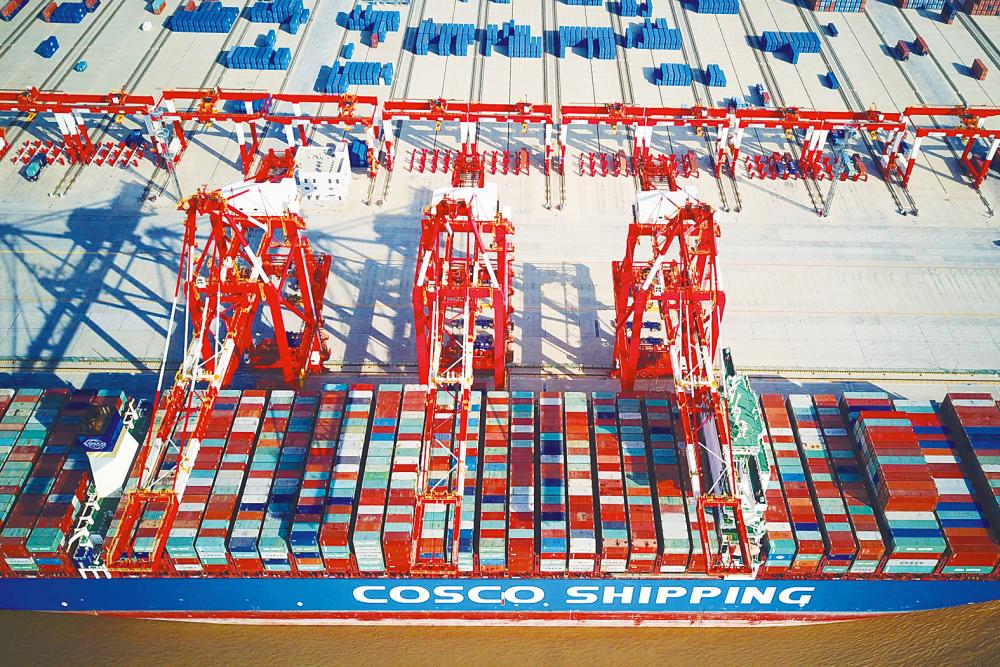PETALING JAYA: Malaysia’s year-to-date (YTD) Industrial Production Index (IPI) is still considered resilient, despite growth easing to 2.5% in October given the challenging external conditions that have yet to show any signs of improvement, according to Public Investment Bank (PIVB) Research.
The research house pointed out that the IPI started the fourth quarter on a weaker note, with growth slipping to 0.3% in October against 1.7% in September.
“The slowdown was caused by decelerating momentum in all sectors, led by mining. Weak sentiment, moderating demand and a high base effect were primary causes,” it said in a report.
“Meanwhile, the mining sector was affected by the surprise drop in natural gas output and sustained contraction in crude petroleum output.”
PIVB Research calculated that on a month-on-month and seasonally adjusted basis, the IPI ticked 1% lower in October against a 0.3% decline in September.
Furthermore, it opined that the sluggish manufacturing momentum was caused by further moderation in petroleum, chemical, rubber and plastics output, though the effects were offset by the surprise jump in electric & electronics (E&E) sector which grew to 2.4% in October from a 0.8% growth registered in the previous month.
However, the research house stated that the YTD manufacturing growth of 3.7%, a decline from the 4.9% growth reported for the corresponding period of last year, is fair given the challenging external conditions and may rebound once global trade returns to some form of normalcy.
With regard to the mining sector, PIVB Research elaborated that crude petroleum continued to be a drag on the sector following production constraints and Petronas’ voluntary supply adjustments that will continue until 1Q20.
“The mining sector’s YTD average of -1.6% could turn around in the near term amid sentiment that could recover, driven by the breakthrough in US and China trade negotiations,” it reported.
Moving forward, PIVB Research highlighted that the recently signed Phase 1 US-China trade deal will be a catalyst that may boost global trade in 2020.
“This will be the driver that will push IPI and growth trajectory higher, crucial especially when manufacturing and mining are significant contributors to the economy,” it said.
In a separate report, BIMB Securities Research offered a more cautious outlook on Malaysia’s IPI performance.
The research house foresees IPI performance to continue expanding at a modest pace as the trade war remains a major downside risk to global trade activities and manufacturing production.
It cited that exports dropped by 6.7% year-on-year to RM90.6 billion in October after a 6.8% decline in the previous month.
“The continued lacklustre showing is underlined by subdued global trade and industrial performance in the same month. After a relative outperformance earlier in the year, E&E exports are feeling the pinch from global demand slump as shipments contracted for three straight months,” it said.
Overall, BIMB Securities said that it remains cautious about the outlook for production and exports, not just for the remaining months of the year but also into 2020, as leading indicators point to subdued external demand and slowing global growth.
“We may see weaker GDP growth for 4Q19 if IPI and exports remains soft in the coming months,” it added.










